A letter from Cambridge
A documentary from the journalist Bruce Clark about the Parthenon Marbles
“What about the British classicists of our times? Do they study the Athenian past in a spirit of acquisition and ambition or of friendship and respect? I am glad to say that when I last went back to my old place of learning, things seemed to have changed for the better…”
The observation comes from the journalist Bruce Clark, and it offers a first response to the question which is posed in a short documentary, “From Cambridge with Love: A Call to Mend the Parthenon’s Broken Treasures” which Kathimerini has seen.
However the author and former international security editor of the Economist, who is a Cambridge graduate himself, does not return to his alma mater with the sole purpose of finding out whether old-fashioned mentalities have been set aside.
“Public opinion in the United Kingdom is in favour of reunifying the marbles,” Clark told Kathimerini, “but it is not completely well informed about what exactly the sculptures are, or about the role they played in the civilization of ancient Athens – or about the fact they constitute a single work of art. The idea of the documentary was to inform the public more deeply about the sculptures, about the mysteries they contain and the unresolved scholarly debates they have stimulated – as a way of promoting their eventual reunification.”
The British classicists – and members of the British Committee for the Reunification of the Parthenon Marbles - whom Clark meets in the film are Paul Cartledge, an emeritus professor of Cambridge University and Edith Hall, a professor of ancient Greek literature at Durham University.
As Clark – who is also a member of the BCRPM – says in the documentary, “[both] helped me to understand one overwhelming fact – all the brilliant cultural products of fifth century Athens reflect the wave of democratic energy which cascaded through the city – that tiny, talented place – after its victory against the huge Persian empire…”
The film alludes to the democratic way in which the construction of the Parthenon was overseen – and also to the frieze which represents the whole population of the city. The “mystery” which stirs debate around the frieze concerns the so-called peplos scene - which might, according to some scholars, show Erechtheus, the first king of Athens, handing over a death-shroud to his daughter, foreshadowing her self-sacrifice for the good off the city.
“It is an unresolved scholarly question,” Clark tells Kathimerini – “just like the question of whether the frieze depicts the Panathenaic procession as it happened at that time, or some idealized notion of the procession in the past.”
The majority of the frieze is, of course, in the British Museum.“The presentation of the frieze is particularly damaging,” Paul Cartledge explains in the film, “because the designers of that [BM] gallery try to pretend that they have the whole of the frieze when in fact they don’t…” Edith Hall puts it this way: “You might say it’s like trying to read a comic with the pictures in a random order.”
And the British sculptor Helaine Blumenfeld, who also appears in the documentary, adds that “the most tragic thing for a sculptor is to create a work for a particular place and then find that it’s going to be moved…”
“From Cambridge with Love” – jointly created by Clark and producer Leonidas Liambeys – will make its first appearance in the Ninth “Beyond Borders” Documentary Festival in Kastellorizo. The main conclusion could be summed up in a remark made by Clark to Kathimerini: “It doesn’t require a brilliant brain to see that if there is one single place where the sculptures should be, it is the Acropolis Museum.”
Does Clark have hope that the advent of a new government will make things easier? “The very fact that there is a new government is a sign of hope,” he responds. “We understand that the Labour government will not stand in the way of any deal made by the British Museum – however they do not plan to change the law. They are at least giving the Museum some room for manoeuvre. I think, though, that some legislative amendment will be needed.”
From Cambridge With Love will be shown at the International Documentary Festival in Kastellorizo on 26 August at 8.30 pm.
Article written by Nikolas Zois for Kathimerini and published on 14 August 2024
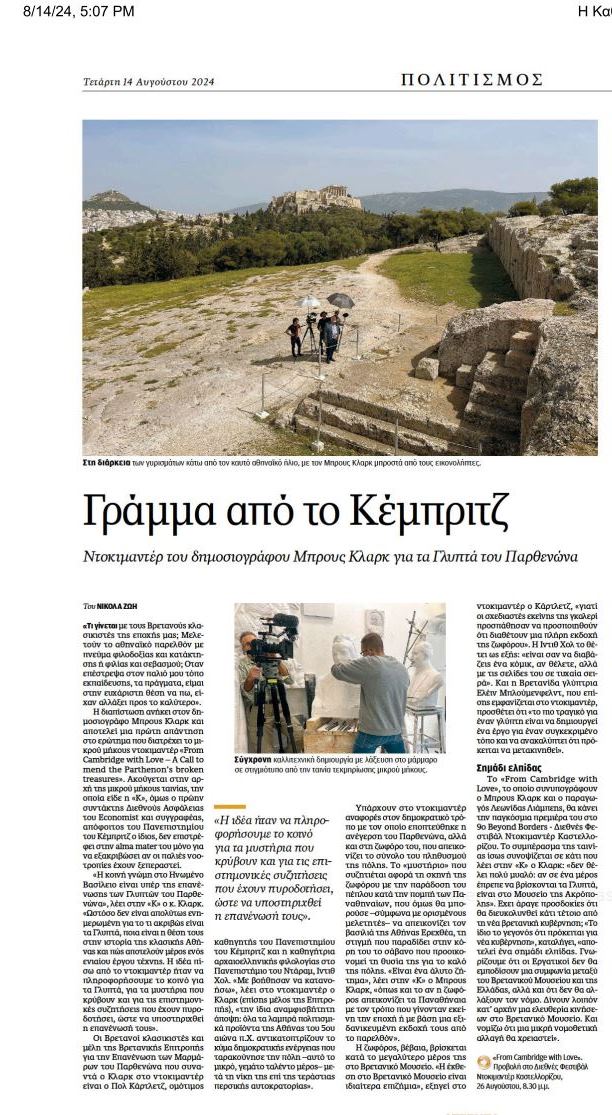

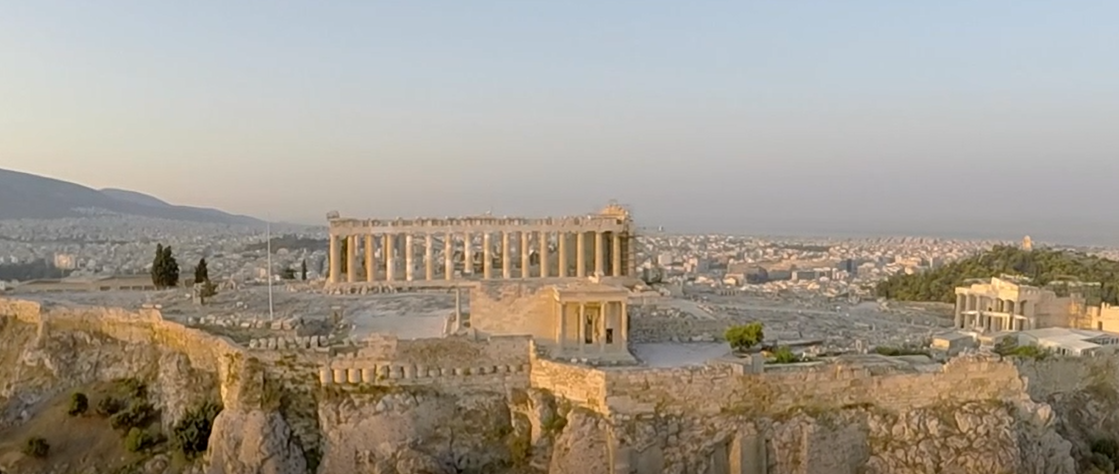
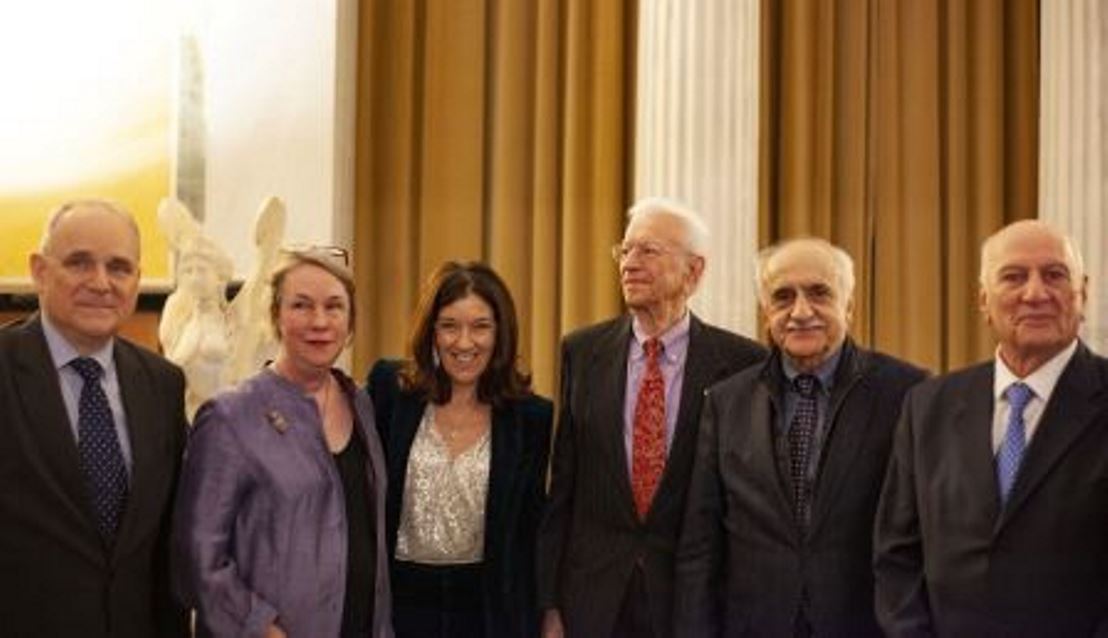
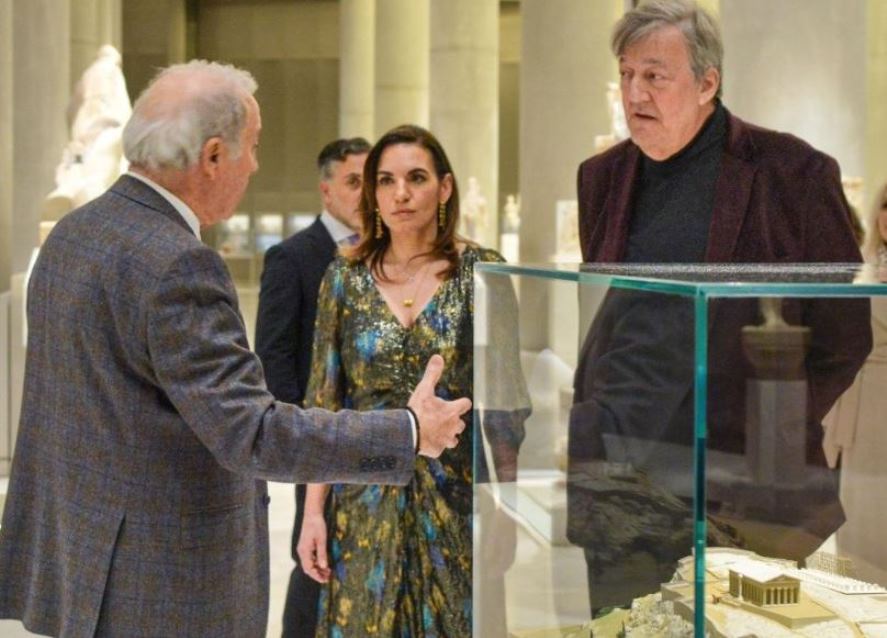
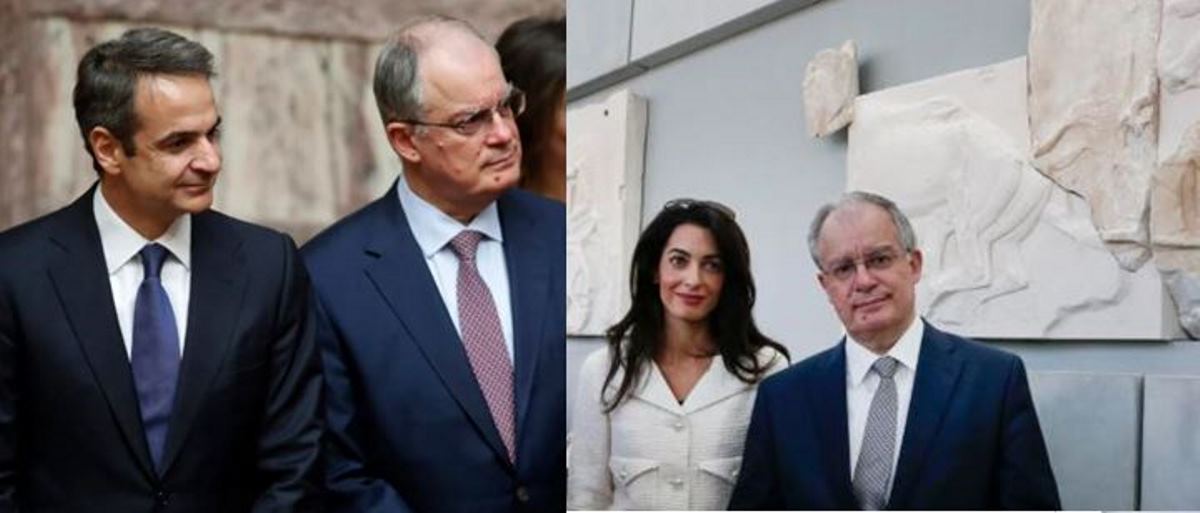
Comments powered by CComment